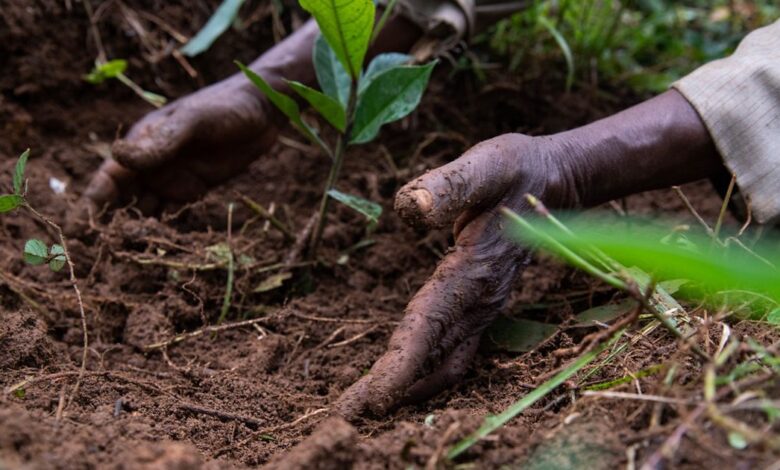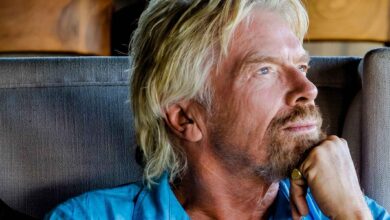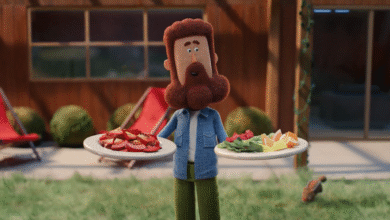Food, Climate & Regenerative Farming FAQ

How does my diet affect the planet? Should I change my diet?
Conversations around diet choice and consumer demand are often dominated by extremes. We’re advocating for a little more nuance.
We recognize that a person’s choice of diet is a deeply personal matter that reflects a complex web of cultures, traditions, economics and access. We support flexible food choices and don’t advocate for any particular diet choice – but we do strongly encourage people to learn about the food they eat, the way it’s produced and the trade-offs that are included.
For example, an apple grown organically but shipped across the world has different trade-offs than one grown and consumed locally but with the use of fungicides and insecticides.
There are many diet choices and changes that can benefit the planet. For instance, sustainable fish and shellfish can provide healthy protein at a fraction of the emissions of livestock.
And, of the more than 50,000 edible plants in the world, just 15 of them provide 90% of the world’s caloric intake. Rice, corn (maize), and wheat make up 2/3. This lack of dietary diversity is leading to unhealthy nutritional outcomes, along with stress on natural habitats.
By diversifying our meals, we can support crop rotations for farmers and effectively increase biodiversity in our agricultural ecosystems. Choosing diverse grains like buckwheat, millet and sorghum; diverse seeds like quinoa, hemp and chia; and diverse legumes like beans, chickpeas and lentils not only provides nutritional variety, but also creates market demand for farmers and encourages crop rotations that can improve soil health.
Overall, moving to regenerative food systems results in diversified production practices and more diverse diet choices, a win-win cycle for the inextricably linked human and planetary health.
Source link




![[Editorial] Elevating the Voice of a Generation to Achieve the Global Goals – Samsung Mobile Press [Editorial] Elevating the Voice of a Generation to Achieve the Global Goals – Samsung Mobile Press](/wp-content/uploads/2025/09/7CC74F371C8DEA32182ED3A1993B63D3DA4602B25CF8F6D4C0967B039323D4EA1817873E9616974BF8408504C2DAE633254D.jpeg;charset=UTF-8)